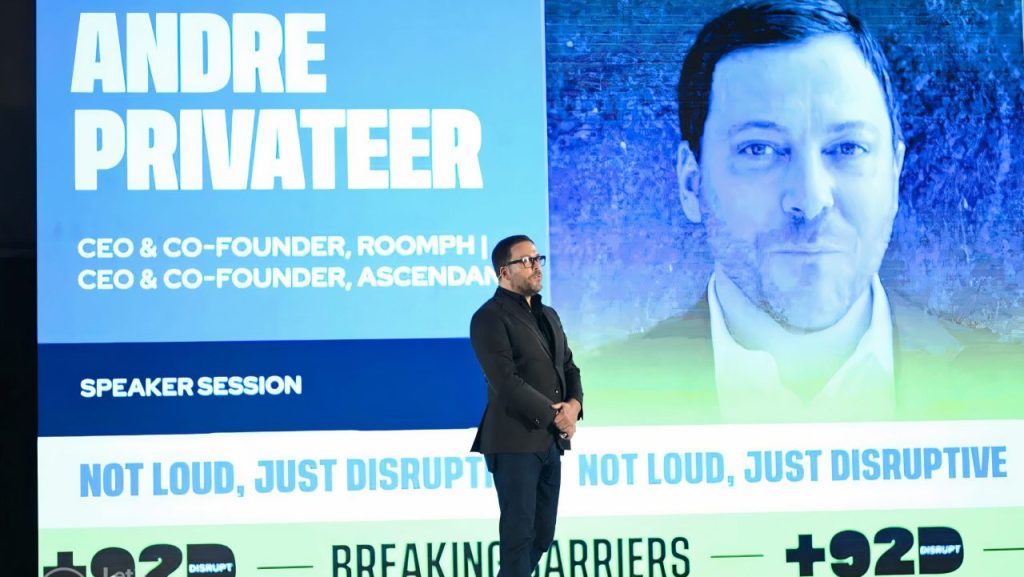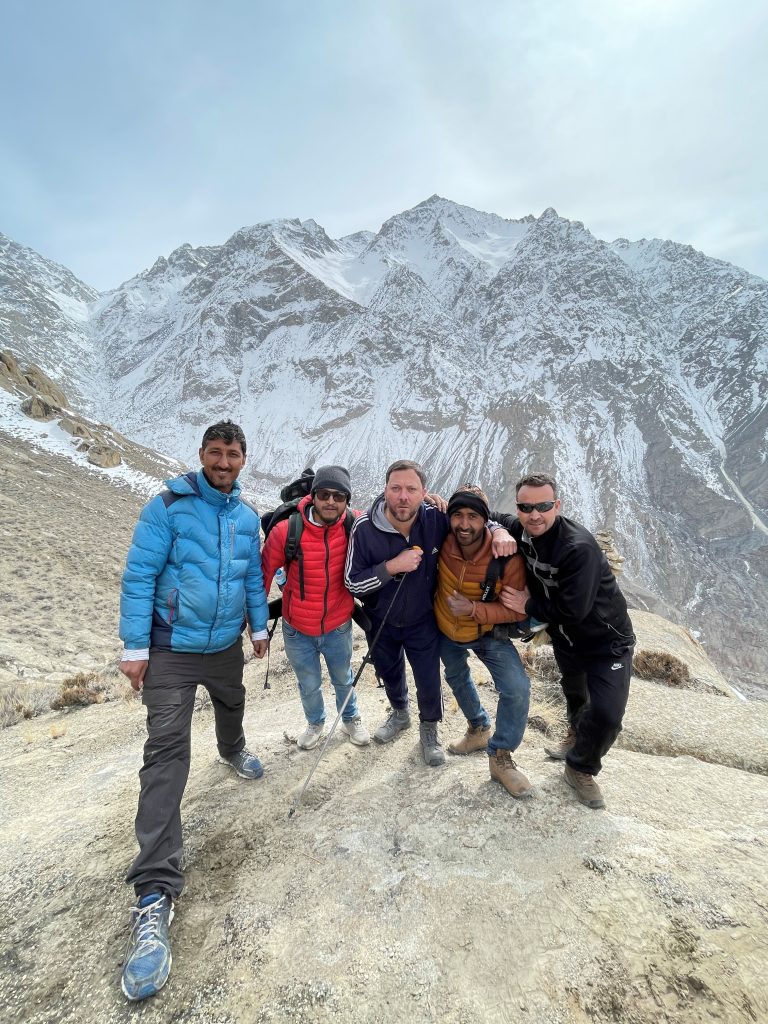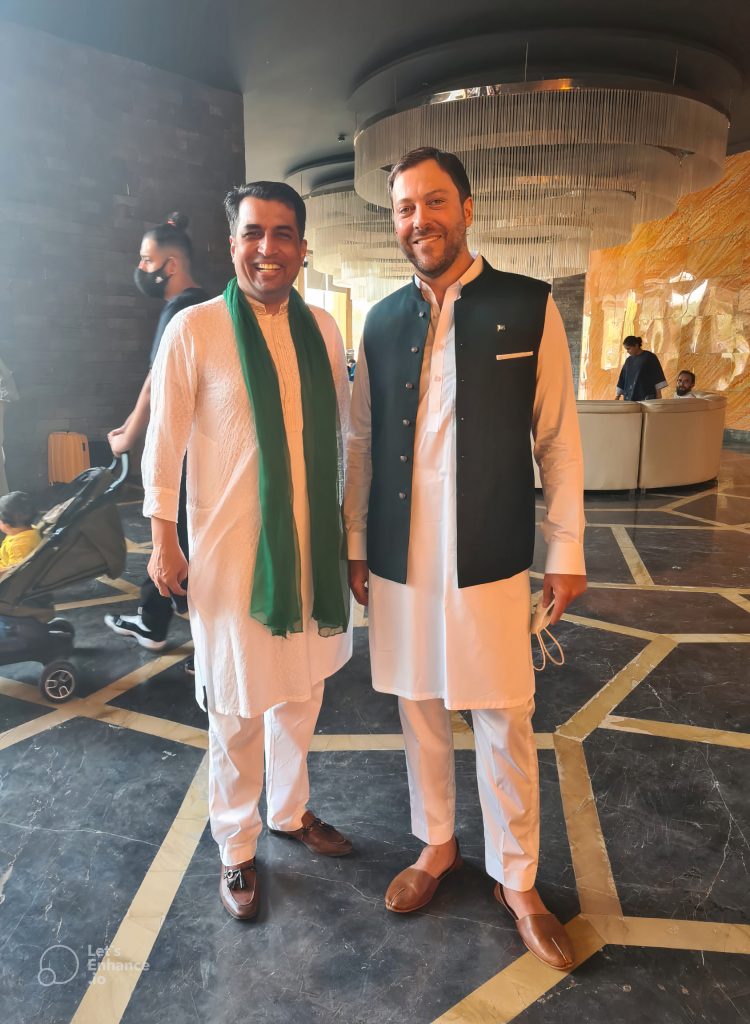Six months have passed since I waved goodbye to the country that warmly embraced me and changed my life in ways unimaginable. And as I sit to gather my thoughts, I am overwhelmed by the memories and emotion.
From my first taste of lamb achari at Chattha’s… to the Karachi colleague, who interrupted a meeting to serve paaye at his desk… “my wife makes the best paaye, you’ve got to try some!”… To the city that makes the best biryani and the ghee that elevates paratha to perfection — each day felt like a feast.
The silent suffering of the Pakistani driver,
Old men on older bicycles pedalling goldfish,
Candy floss soldiers marching single file through Lahore,
The monsoon and its symphony of unearthed aromas,
And how the rains, too, seem to pause for Friday Jummah.
Pakistan offered volumes of poetry, raw and unbound.
A first Dholki, a second Mehndi, a third Nikah… and that bittersweet feeling of losing some of your best talent to marriage. I read somewhere that Pakistan is the country with the greatest number of doctors who don’t practice.
I once asked a Barrister why she returned to Pakistan after 17 years in Oxford and without missing a beat, she replied “for the humanity” and continued… “Each year my milkman disappears for a few weeks and goes home to feed a village.”
Thank you, Pakistan, for teaching the value of sacrifice, for inviting me to celebrate and mourn, and for revealing that compassion isn’t a choice, but a visceral part of the human condition.
In many ways, Pakistan ought to be a shining example for the rest of the world. Yet, too often, this brilliance is dimmed by an outdated system of entitlement where arrogance and impunity reign. Each year, 800,000 Pakistanis leave, seeking not just higher salaries abroad, but also transparency and the rule of law that are so desperately lacking at home.
As I pen these words, I find myself embroiled in a legal battle I never foresaw. I offered a salary cut for the greater good, only to be denied my last months’ salary, severance, and repayment of promised loans. It’s a bitter pill, but unlike the countless many forced to trade fealty to keep their kitchens running, I am able to afford the luxury of public discourse.
How can those who flaunt philanthropy starve their workers? And how can the progressive voices in our community turn a blind eye to today’s Seths just because their fathers were friends? The week before Eid, a troubled former employee called, distraught… “Boss, they have threatened to hold last month’s salaries unless we reach our target.”
Do they feel no shame?
Several months ago, a talented new economy lawyer said he had floated an idea of public governance that garnered praise, but failed to get momentum. Mubariz, it’s time to take up the mantle.
And I am thrilled to announce my collaboration with Mutaher Khan, Co-Founder of Data Darbar, to launch a new section of the website featuring anonymous employee reviews, including a “Payroll Consistency Score” that measures the percentage of on-time salary payments versus total months worked. This transparency helps shift power to employees and will hold companies accountable for their payroll practices.
This wasn’t the contribution or legacy I had envisioned, but hopefully, this baby step will help guide Pakistan a little closer toward its destiny. It’s a youthful nation teeming with potential, eagerly awaiting its moment to shine. And as I close this chapter, I do so with a mix of sadness and excitement for what the future holds. Pakistan, you have left an indelible mark and for that I am grateful.
With hope and resilience,
Andre Privateer







